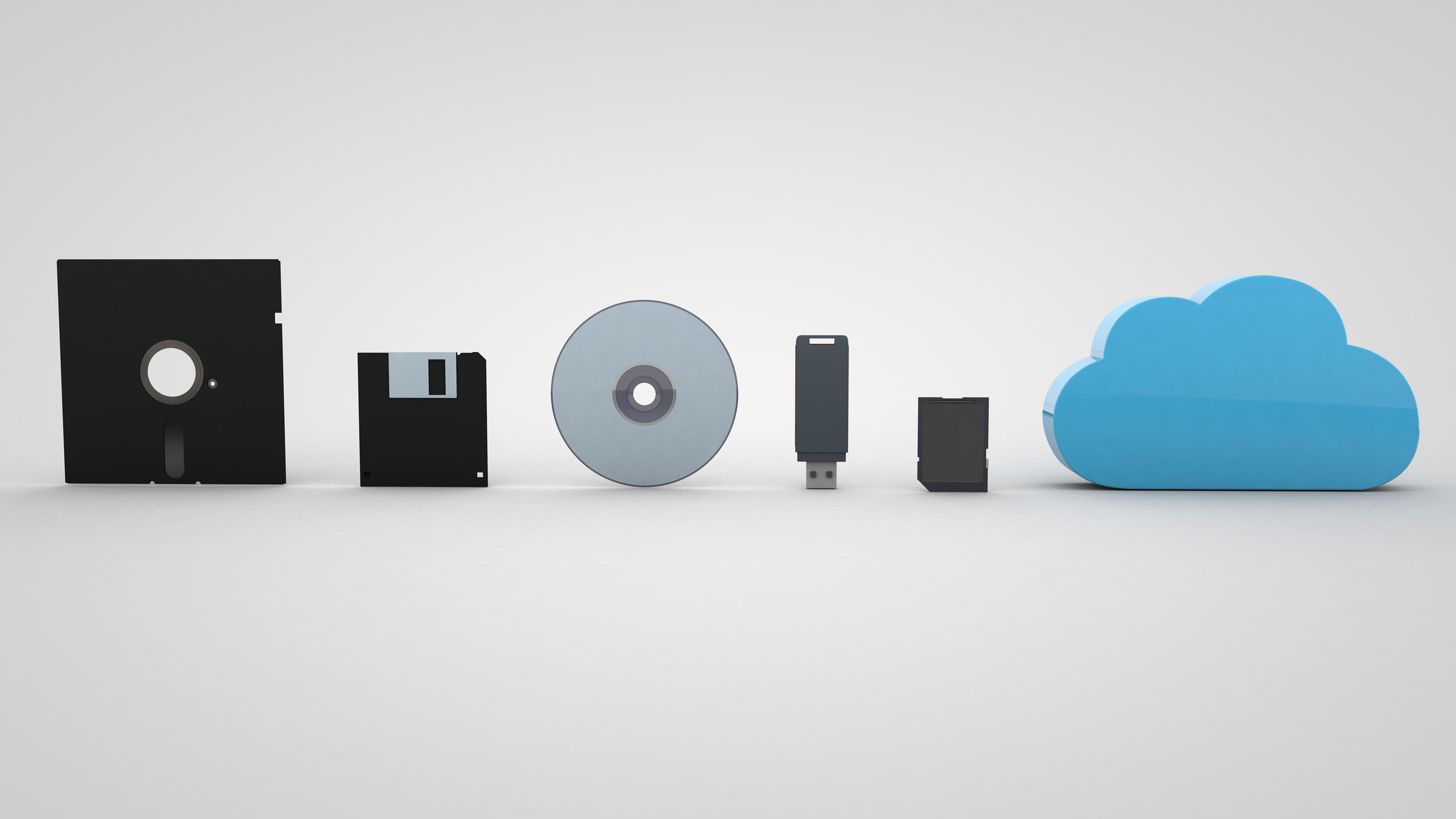IT Asset Disposition (ITAD) is the business built around disposing of obsolete or unwanted IT equipment in a safe and ecologically-responsible manner. The rise of cloud-based computing has directly spurned the growth of the ITAD market. By 2024 it is estimated that the global ITAD market would reach an estimated US$18.8 billion. So how did cloud computing contributed to the rise of the ITAD market?

The following are a few reasons on this trend.
#1. Migration from on premise to cloud based services
With industries being more convinced with the benefits of cloud-based computing, it has been well established as the main driving force in the growth of ITAD. IT equipment assets such as servers, storage devices, cables, network gears and support infrastructure like physical security systems, environmental controls and uninterruptable power sources (UPS) used on premised need to be properly disposed, recycled and their data sanitised. This in turn has directly influenced the growth for the ITAD industry.
#2. Data security
Many times, IT equipment used by organizations contain valuable data that could be sensitive in nature. This sanitization of data is often lacking when organizations decide to get rid of this equipment’s and often this sensitive data is leaked or been used by unscrupulous individuals that could affect the organizations standing and status. ITAD vendors provide a safe and established policies in handling data sanitization. By providing data security management policies that ensure the safe destruction or cleansing of IT hardware that contains personal or company-owned information these ITAD vendors often time will provide proper audit report detailing each asset’s status upon pickup and certificates of data cleansing or destruction for all securely disposed IT assets. This in turn would allow minimize data breach and shows the indispensable nature of ITAD services.
#3. Environmental protection
Often time obsolete or unusable IT assets that could not be recycled or reused are improperly disposed as normal everyday waste in dumpsites. This in turn has brought tremendous damage to the environment. The ITAD industry’s top environmental policies serve to prevent environmental contamination and ensure the proper management of IT equipment at the end of its life. Proper ethical practices in the disposition of e-waste may times include firstly a commitment to zero-landfill initiatives and signed documentation provided as proof of environmentally-safe e-waste disposal and audit reports containing catalogued information of all IT units picked up, processed and repurposed. By doing so the ITAD service providers minimised environmental impacts cause by improper disposal of IT equipment’s.
#4. Cost recovery
A widespread misconception of thinking that the value of IT equipment drops significantly over time. Often time this is furthest from the truth. ITAD offer organizations that is moving away from on premise setup a share of the profit from selling the refurbished equipment. This in turn could offer value back to organizations that could cushion the adoption of cloud-based services.
#. 5 Regulations compliance
Finally, the growth of ITAD industry could be attributed to the policies by governments in proper IT assets disposition. Often organization must comply to regulations set by local governments policies. This too in return spurned the growth of the ITAD industry as organizations would not risk non compliance that could lead in hefty fines.

